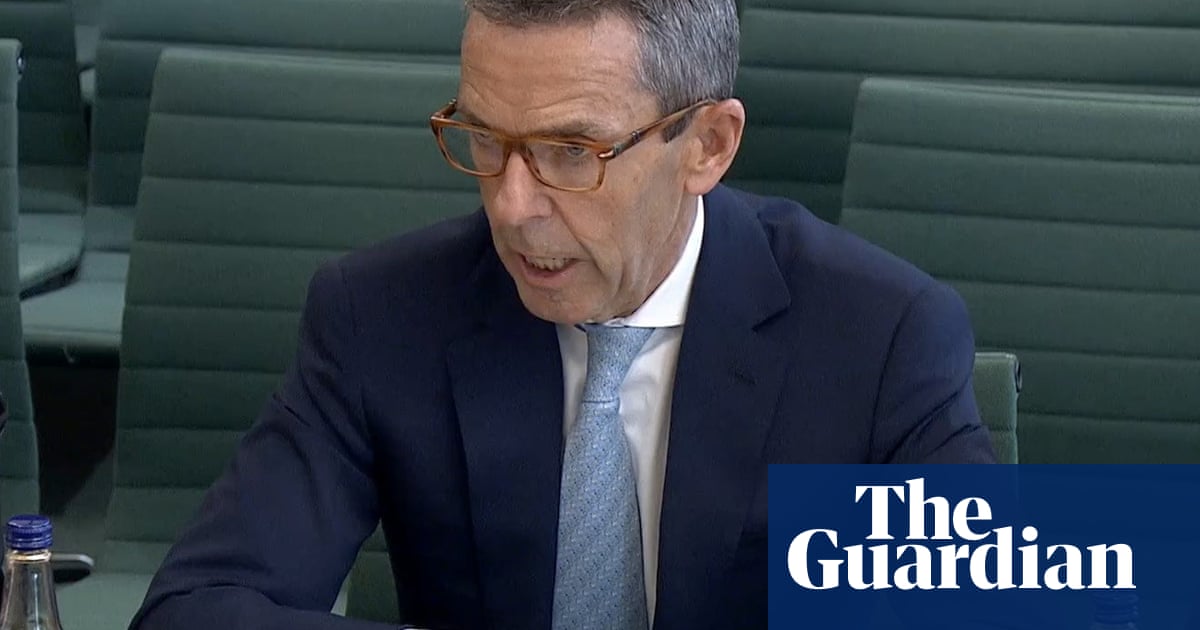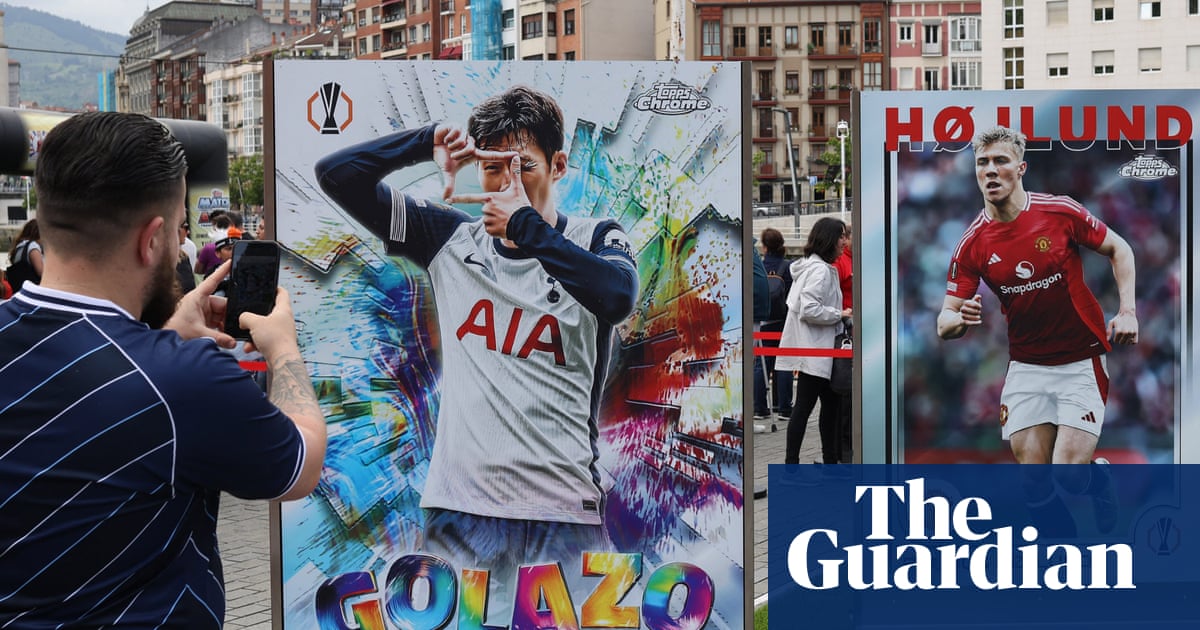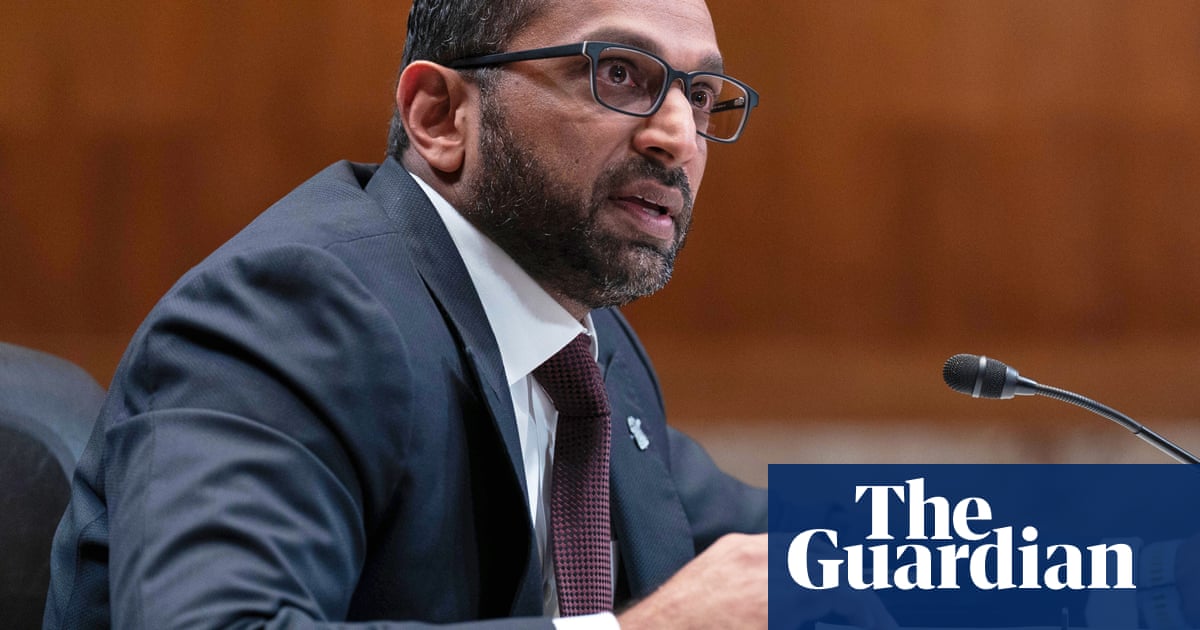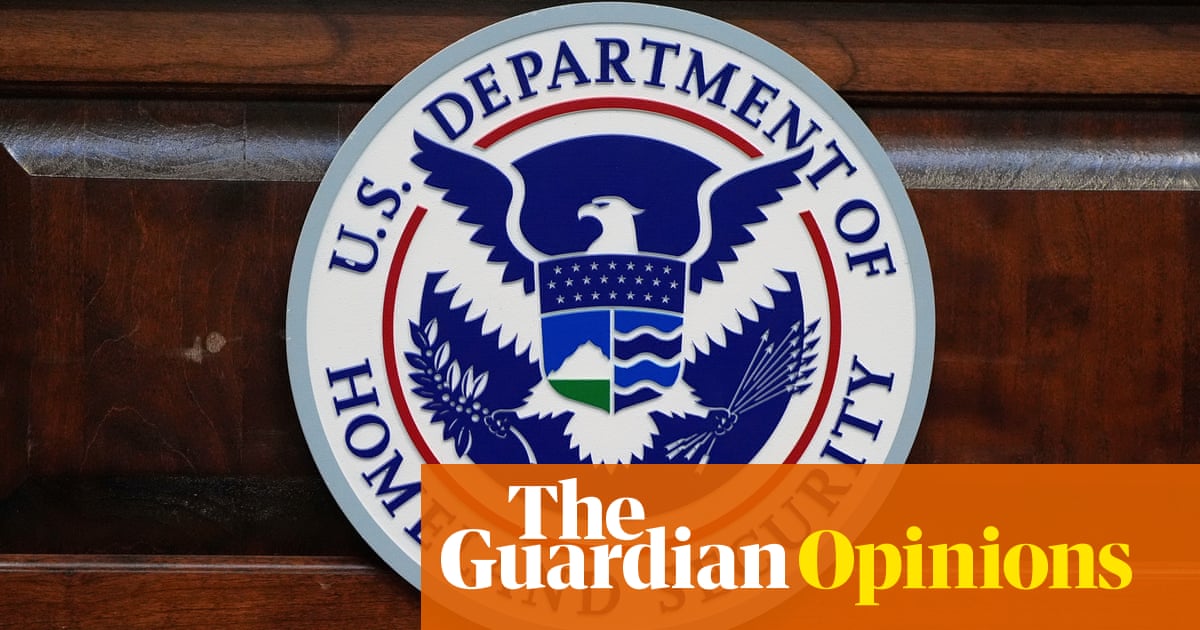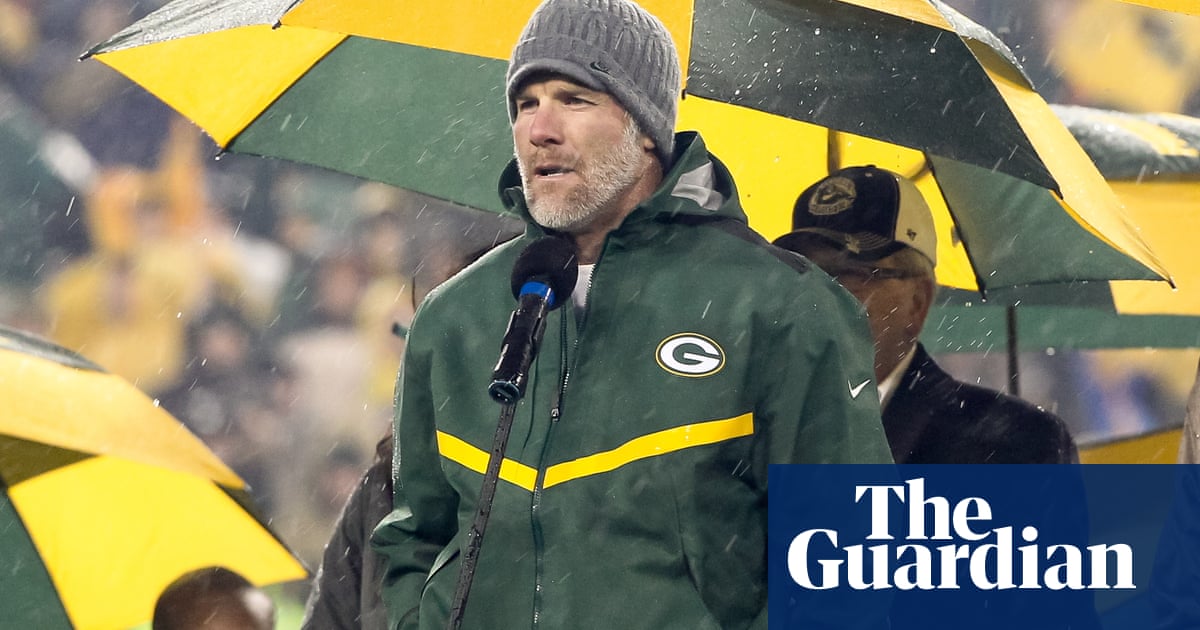Inter Miami, led by Lionel Messi, have been terrible lately. On Sunday, their complaints to the referee only made their situation worse.
That sentence was fairly easy for me to type, at least in part because it is rooted in the clearly visible. Inter Miami have been terrible. Their complaints to the referee on Sunday did make their situation worse. These dynamics are not just surprising given Miami’s star-studded roster and record-setting performance last season, they are interesting. They are worth talking about and reacting to. They’re the sorts of things that get people thinking about the player, the team, the league, the sport. The more business-oriented among us may say they “drive engagement.”
Yet in the immediate aftermath of Sunday’s game, one gets the impression that Major League Soccer wishes those dynamics didn’t exist at all.
Inter Miami have lost five of their last seven with just one win in that span, and are disjointed in attack and completely adrift in defense; they have conceded an astonishing 20 goals in those seven games. Messi and Co have never been shy about letting referees have it, but they have taken their complaints to new levels these past two games as frustrations have mounted. Midweek against San Jose, Messi narrowly avoided a postmatch red card after confronting referee Joe Dickerson about his handling of proceedings. On Sunday, Messi’s mid-game complaints may have led directly to a goal at the other end.
Allow content provided by a third party?
This article includes content hosted on embed.bsky.app. We ask for your permission before anything is loaded, as the provider may be using cookies and other technologies. To view this content, click 'Allow and continue'.
Near the end of the first half, Orlando City defender Iván Angulo intercepted a pass meant for Messi, deflecting it into the path of goalkeeper Pedro Gallese. Gallese took a touch and, under pressure from Messi, picked up the ball. This drew protests from Messi, who believed Gallese had intentionally picked up a backpass – which should have yielded Miami a free-kick. The referee did nothing and play went on. Amid Messi’s protests, Gallese launched a sublime ball downfield to Luis Muriel, who took advantage of Miami’s chronically poor defending to make things 1-0 going into the break.
Orlando were the better team in just about every respect and fully deserved their 3-0 win. But that first goal was important and frustrating enough for Inter Miami that the usually reticent Messi chose to speak to Apple TV’s Michele Giannone after the game, and decried the state of refereeing in MLS and that no-call specifically. Messi claimed referee Guido Gonzales Jr told him he was not aware of the backpass rule.
“From there came their long pass and the goal,” Messi said. “Sometimes there are errors in critical moments. It happened in the last game, too. Those aren’t excuses, but there are always issues with referees and I think MLS has to look at some of the officiating.”
This is tantalizing stuff from the most famous player in MLS history. It has driven headlines (including from this publication) that are as predictable as they are needed for a still-developing league like MLS. Remember, this is a competition that’s now in Year 3 of self-imposed exile from the major sports networks in favor of an (ever-softening) paywall on Apple TV. Getting attention for the league in the world’s most competitive sports market has never been easy, and in many respects it’s now harder than ever. Messi’s backpass complaint is dumb, but it seemingly came from frustration rather than malice, and it gets people talking. These kinds of stories – very famous athletes complaining about fairly trivial things – are part of what has transformed the NBA and NFL into multibillion dollar leagues. What’s not to like for MLS?
A lot, apparently. MLS Wrap Up, the league-produced review show, mentioned the call in passing but never showed the incident on-screen. Host Kevin Egan said that Messi’s full interview would be available on league social channels, and indeed it was initially posted in full on the league’s Spanish-language X account. However, it was then deleted and reposted without Messi’s comments about refereeing included. That edit can be explained by the league’s policy against public criticism, for which several coaches and players have been fined in past referee-related rants.
Less explainable is the fact that the officially distributed highlight of the goal hilariously starts with Muriel already bearing down on goal, finishing off the move a single second into the video. The replays afterward do not show the “backpass”, even as the commentators mention it repeatedly, and even as Messi, Jordi Alba, and Luis Suárez are shown remonstrating to the referee over the issue.
Unlike the supposed backpass to Gallese, the intent in these actions is clear. And it doesn’t help anybody.
Burying the play and Messi’s criticism does no service to fans, who ultimately just want a fuller understanding of the story regardless of whether they’re diehards or casuals. “Great team does badly” and “star player calls out controversial call” are two of the most reliable conversation-starters in fans’ group chats and online forums and even the occasional stateside sports bar. MLS is leaving all that on the table, for questionable benefit.
after newsletter promotion
I can selfishly also report that this burying of the play doesn’t help the media, most of whom want to help fans have the aforementioned conversations by adding context and commentary. It’s hard to do that when the primary source material is missing. With all due respect to Guardian contributor Joseph Lowery, I shouldn’t have to rely on his social media feed for footage of a prominent storyline involving one of the most famous people on the planet.
MLS isn’t doing its own referee any favors either. To refuse to promote Messi’s criticism on their platforms is one thing, but to bury the call itself is to create the impression that the call is worth being buried. It isn’t. Reasonable people can disagree but, from what I can see, the vast majority of reactions by those who have seen the call agree with Gonzales’ assessment.
There are understandable reasons why MLS wouldn’t want to lead the charge around debating a referee’s call. They need to appear to be a true neutral arbiter of the league’s rules and regulations, and to avoid encouraging the dismal abuse officials receive online and in person. This will always create moments of tension so long as the league continues to produce all of its game broadcasts and related analysis shows. That said, the league does produce a series called Instant Replay, in which it runs through various controversial calls from the previous matchday and analyzes whether they were correct or not. It will be interesting to see how that piece of programming handles this moment, and where that coverage lands.
But at the moment, it seems that MLS is trying to create the impression of sober proceduralism, of good clean games where winners win, losers lose, everyone has fun and nobody gets too mad. In fact, it is the chaos of the league that is its easiest and most enticing entry point, with referee controversy working just as well to drum up attention here as it does everywhere else in the world.
Given time, new fans will eventually come to care about the league’s history, its players, and the glimpses of the sublime it can offer. But those fans need to get in the door in the first place. If it takes a frustrated superstar, a flailing superteam, and a mildly controversial call to get them to that point, then so be it.

 5 hours ago
4
5 hours ago
4

